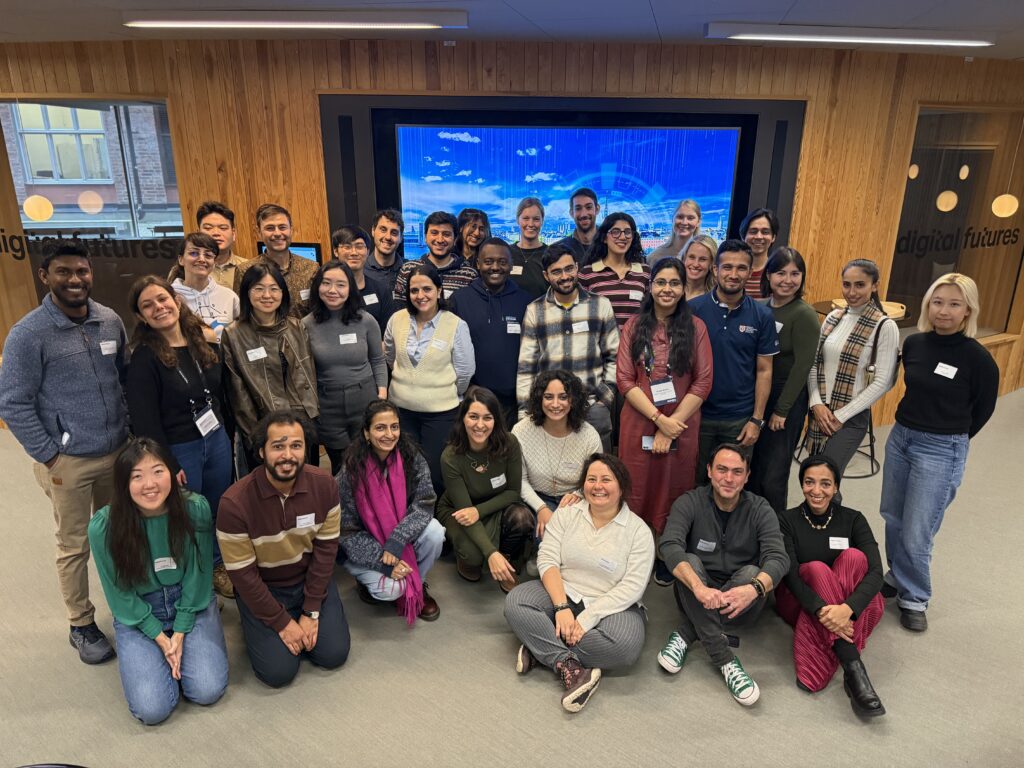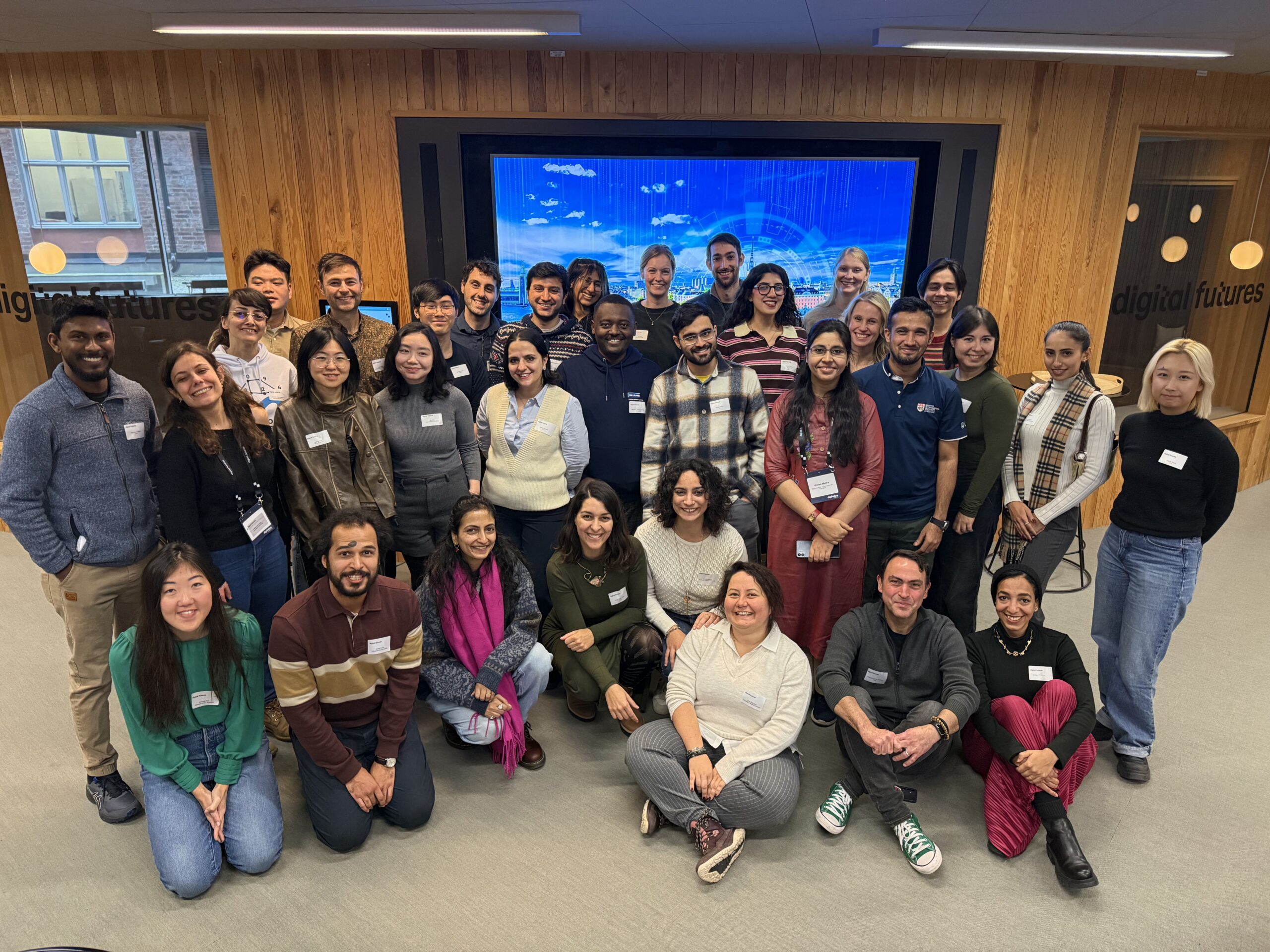Stockholm, Sweden — Twenty-three early-career researchers from 11 countries gathered in Stockholm this week for Future Digileaders ’25, an intensive three-day program designed to support the next generation of leaders in digitalization research. Held as part of the annual Digitalize in Stockholm 2025 conference, the event combined a career workshop, networking opportunities, mentorship, and discussions on how to build responsible and inclusive research leadership for the digital age.
This year’s theme centered on inclusive, equitable, and responsible research leadership. Throughout the program, participants examined how societal values such as equality, inclusivity, and sustainability can—and must—be integrated with technical priorities like innovation, scalability, and performance when shaping future digital transformations.
“We want to empower emerging researchers to shape digital transformation with care, responsibility, and a commitment to society,” said Amir H. Payberah, Vice Chair of Future Digileaders. “Future Digileaders is about more than career development — it’s about helping participants reflect deeply on how equity, sustainability, and innovation come together in real research leadership. Seeing their engagement has been truly inspiring.”
A highlight of the event was an inspiring keynote by Indrė Žliobaitė, Professor at the University of Helsinki, who shared insights on the foundations and challenges of trustworthy AI. Her talk set the stage for deep discussions on ethical technology development and the responsibilities future leaders will carry in guiding digital research.

The program unfolded across several activities:
- 10 November: A Meet & Greet walk-and-talk followed by a networking dinner.
- 11 November: Participation in Digitalize in Stockholm, including digital poster sessions and full-day engagement with global digitalization researchers, and Digital Futures’ industrial and societal partners.
- 12 November: A full-day onsite workshop at the Digital Futures Hub, featuring mentorship sessions, group activities, and a concluding reflection and mingle.
During the workshop, Future Digileaders engaged with experienced mentors — Jelena Zdravkovic, Liane Colonna, Tobias Oechtering, Sanna Kuoppamäki, Eva Szekely, and Sandra Pauletto — who offered guidance on academic pathways, research leadership, and building inclusive research environments. Group exercises encouraged participants to collaboratively explore how values-driven decision-making can influence technological design and policy.
“Our goal this year was to create a space where early-career researchers could reflect on what inclusive and values-driven leadership really means,” said Ioanna Miliou, Chair of Future Digileaders. “The enthusiasm, curiosity, and openness the participants brought to every session made this one of our most rewarding editions yet.”
Future Digileaders aims to give early-career researchers insight into the realities of academic life, expand international networks, and deepen understanding of digitalization’s societal relevance. Selected researchers attended with travel and accommodation covered by Digital Futures, which continues to emphasize diversity, inclusion, and gender balance in its recruitment.
Although the open call for 2025 is now closed, Future Digileaders remains a flagship initiative within Digital Futures, fostering global talent committed to advancing responsible digital transformation across sectors and societies.





